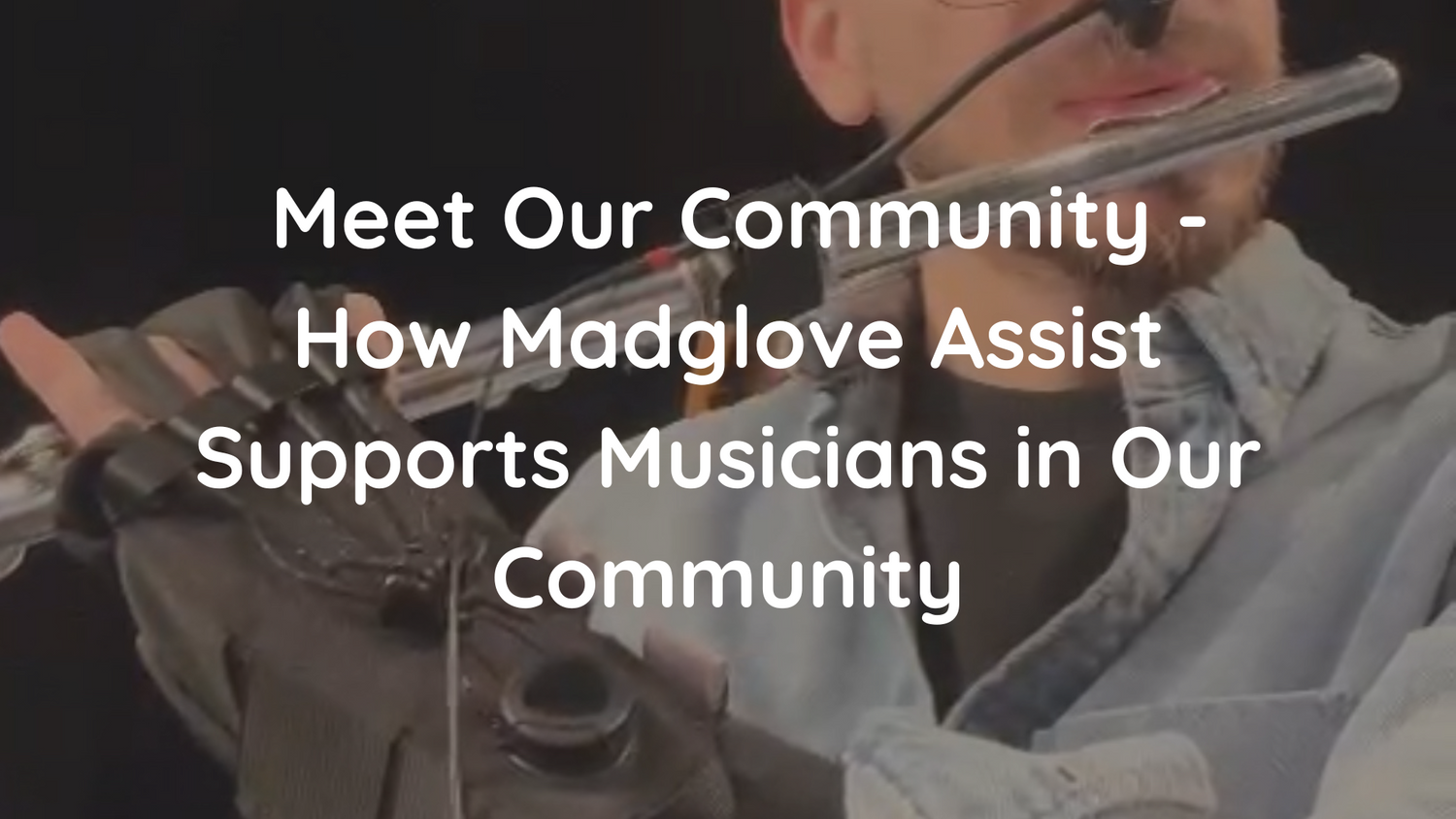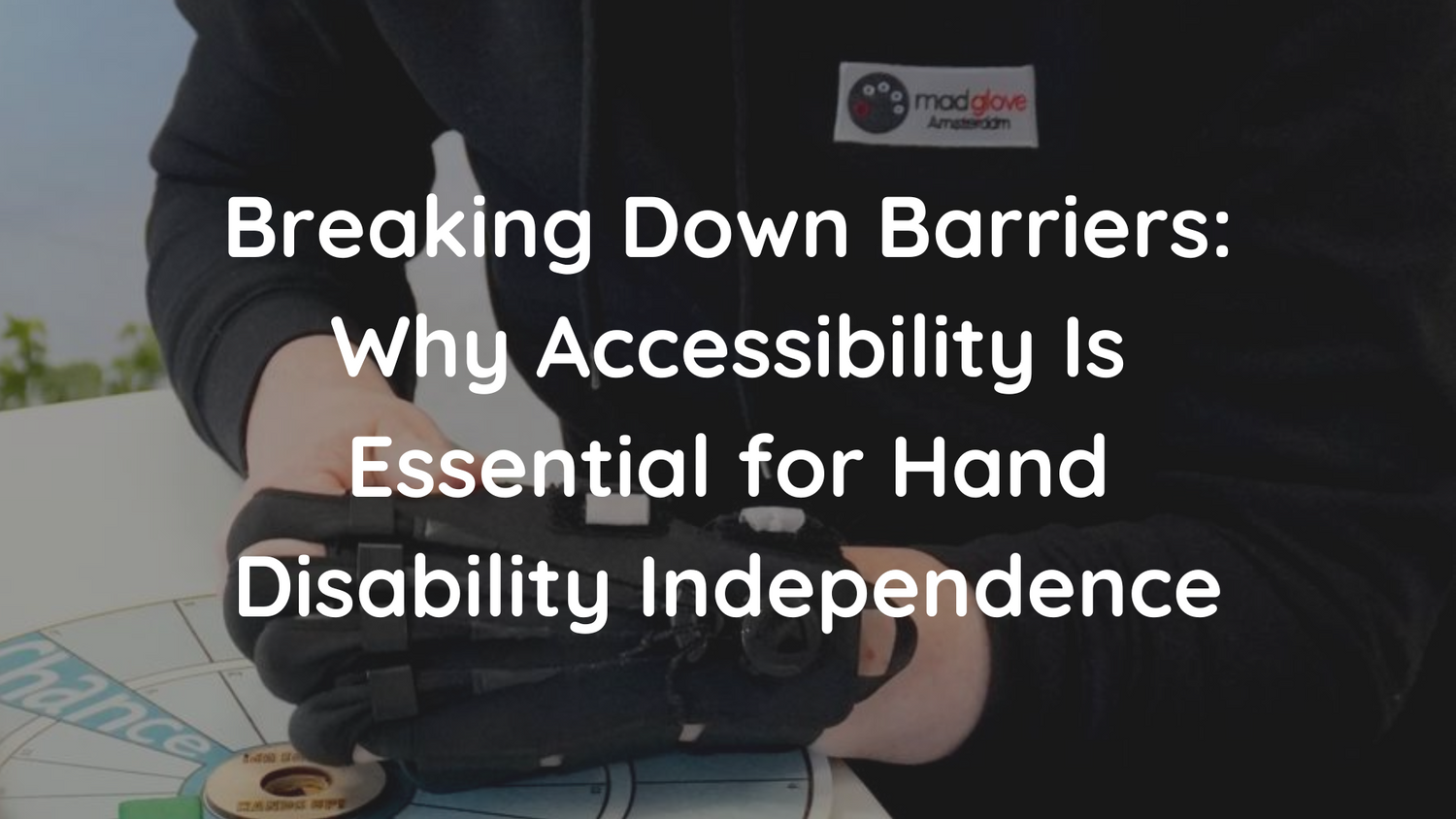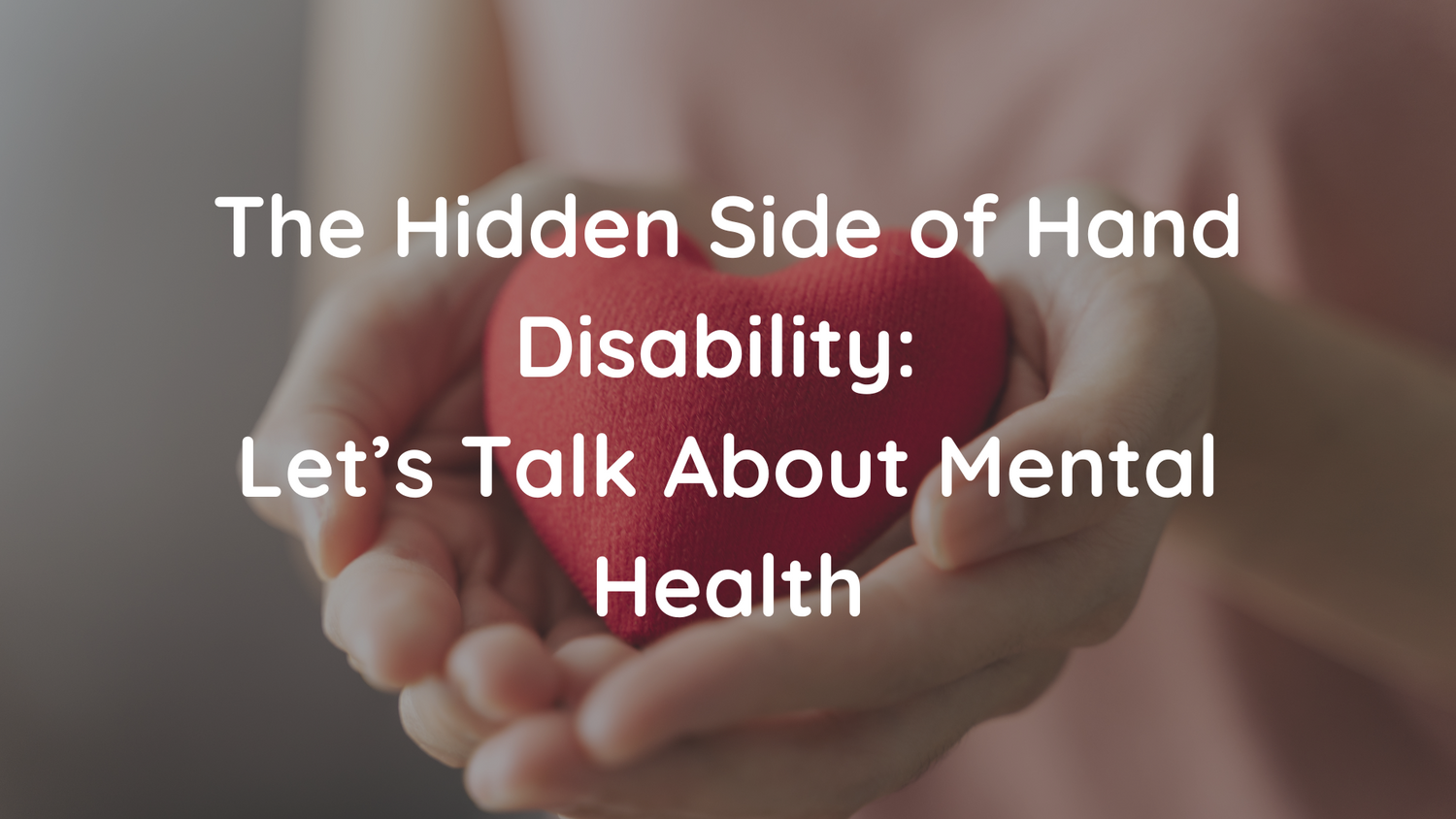We usually talk about the physical side of hand disability, the pain, the stiffness, the challenges with everyday tasks.
But there’s another layer that doesn’t get enough attention: what it does to your mind.
The truth is, living with a hand disability can take a real impact on your mental health.
And yet, it’s often the last thing people talk about.
The emotional weight no one sees.
You start your day with something simple, like buttoning a shirt or holding a cup of coffee. It takes longer than you’d like, or it hurts, or your fingers don’t cooperate the way you want them to.
And just like that, frustration sneaks in.
It’s not just about the task.
It’s about how it makes you feel.
Maybe you’ve started avoiding certain social situations because you’re tired of the stares, the awkwardness, or having to explain yourself.
Or maybe you just feel tired, mentally and emotionally, from having to constantly adapt to a world that wasn’t built with you in mind.
These experiences are real. And they’re exhausting.
The link between disability and mental health
It’s no surprise that people with physical disabilities experience higher rates of depression, anxiety, and emotional distress.
Studies show that disabled adults are much more likely to struggle with mental health than those without disabilities.
But this isn’t just about statistics. It’s about the everyday mental load.
It’s about feeling misunderstood or unseen.
It’s about constantly adapting, physically and emotionally.
Many people with hand disabilities wonder things like:
-
Why does this feel so isolating?
-
Why is it so hard to talk about?
-
Will people think I’m just being negative or dramatic?
You’re not being dramatic. You’re navigating something complex. And emotional health deserves just as much attention as physical rehab.
The healing power of community and connection
Here’s something we’ve learned again and again from people in the Madglove community: simply having a space to talk about what you’re going through, and knowing someone truly gets it makes a huge difference.
There’s comfort in knowing you’re not the only one frustrated by everyday tasks.
Not the only one who’s had to figure out how to zip a jacket with one hand.
Not the only one who’s ever felt the sting of being underestimated.
And there’s strength in talking about it.
Whether it’s with a therapist, a friend, or someone who’s been there too, sharing what you’re feeling can break the spiral of isolation. It opens the door to empathy, to solidarity, and sometimes, to solutions you didn’t even know existed.
Tools don’t just support your hands, they support your well-being
There’s something powerful about using tools that feel like they’re made for you.
When a glove helps you hold a pen, tie your shoes, or cook dinner more easily, it’s not just a physical win. It’s emotional, too. You feel more independent. More capable. More yourself.
That’s why it’s so important that assistive tools aren’t just functional - they should be designed with dignity in mind.
They should feel like an extension of your body, your personality, your needs. Not something that draws unwanted attention or feels like a reminder of what’s “wrong.”
We believe design should empower, not stigmatize. When a glove looks and feels good, when it adapts to you instead of the other way around, that’s when confidence starts to come back.
It’s okay to talk about the hard parts
Living with a hand disability doesn’t mean you have to be positive all the time. It’s okay to feel frustrated, tired, angry, or overwhelmed. You’re allowed to grieve what’s changed. You’re allowed to be proud of what you’ve overcome. You’re allowed to feel both sometimes at the same time.
Mental health and physical disability are deeply connected. Pretending otherwise doesn’t help anyone. But talking about it openly, honestly, without shame that’s where healing begins.
And if you’re not ready to talk, that’s okay too. Just know that you’re not alone in this. There’s a growing community of people who get it. Who are figuring it out, one day at a time, just like you.
A more inclusive world starts with real conversations
Imagine what could change if mental health support was built into every rehab program. If every hand therapist asked not just “Can you grip this?” but also “How are you holding up emotionally?”
Imagine if more assistive products were co-designed with users, not just for function, but for pride, comfort, and self-expression.
And imagine a world where nobody felt the need to hide their hand or their feelings about it.
That’s the kind of world we’re working toward here at Madglove. A world where recovery is about more than physical progress. It’s about restoring agency, confidence, and community.
You’re not just rebuilding movement - you’re rebuilding trust in yourself
If you’re navigating life with a hand disability, and struggling emotionally - that doesn’t make you weak. It makes you human.
So take the breaks you need. Ask for help when it’s hard. Use tools that make your life easier.
And don’t forget: progress doesn’t have to be loud. Sometimes, it’s just feeling a little more like yourself again.
You deserve care that sees the whole picture - your body, your mind, and everything in between.
Let’s keep talking about it. Let’s keep showing up for each other.
You’re not alone.





